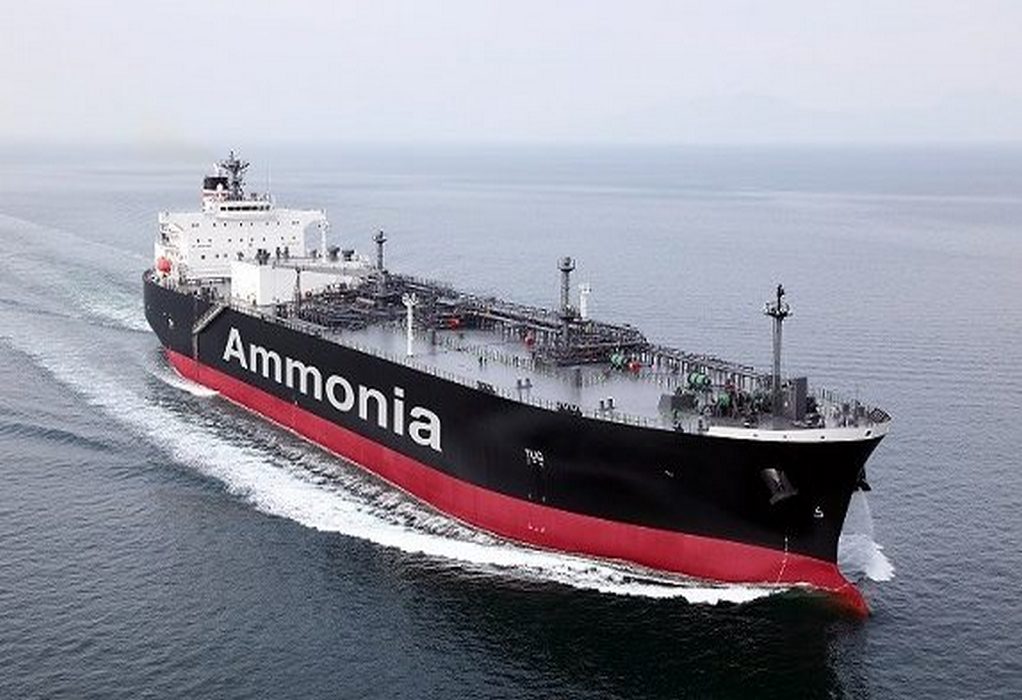An independent study, commissioned by the Society for Gas as a Marine Fuel (SGMF), has revealed that greenhouse gas (GHG) reductions of up to 61% are now achievable from using ammonia as a marine fuel, depending on the marine technology employed.
SGMF said that the analysis concluded that ammonia can “beyond question” contribute significantly to the International Maritime Organization’s (IMO) GHG reduction targets.
The study was conducted according to International Organization for Standardization (ISO) standards and was reviewed by a panel of independent academic experts from institutions in France, Germany and the U.S.
According to SGMF, it uses the latest primary data to assess all major types of marine engines and global sources of supply with data provided by equipment manufacturers, including Wärtsilä, Winterthur Gas & Diesel & MAN Energy Solutions, but also Yara Clean Ammonia, and BASF on the supply side.
GHG emissions from the supply chains as well as emissions released during the onboard combustion process (slip) have been included in the analysis, SGMF added.
Tags: Ammonia, BASF, IMO, ISO, SGMF



Recent Posts
New Report Highlights Potential of Voluntary Insetting to Support Maritime Decarbonisation, Calls for Robust Safeguards
Smart Ship Hub achieves industry first with ABS emission reporting
Henkel Rolls Out India’s First Mid-Haul Re-Powered Electric Trucks for Commercial Logistics
Sustainability in Focus at 11th SIAM Automotive Logistics Conclave in New Delhi
L&T Energy GreenTech to Establish India’s Largest Green Hydrogen Plant
JK Srivastava Group and Hynfra Announce $4 Billion Green Ammonia Project in Andhra Pradesh
Andhra Pradesh Unveils Ambitious Green Hydrogen Valley Plan to Lead India’s Energy Transition
South Africa advances plans to decarbonize shipping sector